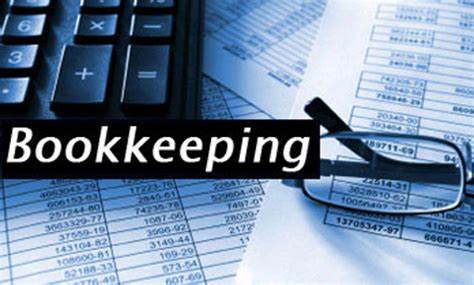How to record the information in bookkeeping?
There are three methods available in bookkeeping, these are:
Proprietary system: Usually used by a small trader or sole trader.
The single entry system: Analyses the cash book system, which is commonly used and involves keeping books of accounts.
Double entry system: To build a system mainly depends on the type and size of the business you have established. Take advice from an accountant if you are unsure of the system.
That said, most businesses currently use computer software for speed and accuracy, incorporating all the above systems.
Proprietary system
These are best suited for a business that uses a cash-only basis, e.g., Hairdressers, small traders, and market traders. These businesses require daily recording using till rolls, which offers a simple method of controlling finances, but people use spreadsheets to record sales and expenses.
Disadvantages:
It is easier to lose the paperwork
It becomes difficult to separate the cash that belongs to the business, and that belongs to the proprietor.
HMRC pays close attention to cash businesses because of creative accounting and tax evasion.
The single-entry system
Small businesses mainly use this method that uses sales on credit and some on cash—a single-entry system of bookkeeping where each entry gets created only once. They initially record business transactions from source documents such as invoices, receipts, and bank transfers. You can see how much is received and attributable to VAT. Then it shows the amount left for the business; all this is easy because of the use of a columnar basis. The entries will eventually find their way into the ledgers through the double-entry system. Even though most businesses use the computer system, it is essential to learn the bookkeeping methods before using the computer packages.
There are six accounts books as follows
- Sales book: Enter the credit sales
- Purchase books: Enter the purchases on credit
- Cash book: Records the cash received from customers or any other sources.
- Payment’s book: Records the debit from the bank statement that belongs to the business
- Petty cash: Records all minor expenses goes from the business
- General book: All general costs not made by other books regarding
- the industry gets recorded here.

Examples
Sales account
| Date | Ref | Total Sales | VAT | Sales |
| 10/02/2018 | Inv 60 | £900 | £180 | 720 |
| 30/02/2018 | Inv 61 | £1000 | £200 | 800 |
| Total | £1900 | £380 | 1520 |
| Date | Ref | purchases | VAT | Total Purchases | |
| 02/01/2018 | 15 | 600 | 120 | 480 | |
| 070/1/2018 | 16 | 900 | 180 | 720 | |
| Total | 1500 | 300 | 1200 | ||
Purchase Account
RSP Building Solutions Ltd
Cash Receipt Book
RSP Building Solutions Ltd
| Date | Detail | Ref | Total |
Although two transactions appear in the examples during the course business, many more entries will come up with the running totals adjusted accordingly.


